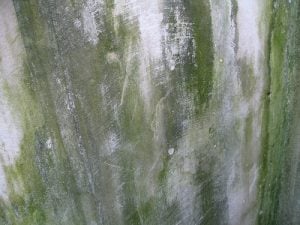 Mold damage claims can be a tricky beast to maneuver. Many insurance companies write policies that specifically exclude mold claims or don’t write policies at all in areas that are prone to flood or water damage.
Mold damage claims can be a tricky beast to maneuver. Many insurance companies write policies that specifically exclude mold claims or don’t write policies at all in areas that are prone to flood or water damage.
Mold can appear for a number of reasons and can make the entire household ill. A leaky or sweating pipe in a wall can create hidden mold growth. A hole even the size of a pinhole in the roof can allow drips of water in which can accumulate or run down the inside of walls where the mold sets up housekeeping. Flooded basements are at the top of the list for mold damage claims and basements must be not only thoroughly cleaned but thoroughly dried and treated with a fungi inhibitor to stop a colony from growing.
Medical claims can arise when household members inhale mold spores and lung infections occur. These medical claims can greatly increase an insurance company’s exposure. It is imperative that you report a mold claim as soon as you discover water damage, large or small, so that a professional public adjuster can be assigned to your claim and an inspection can begin right away. As an insured you do have the responsibility to try to control further loss by reporting a water or mold damage claim as soon as possible and failure to do so may negate your claim.
Keep in mind that a mold colony is like a roach colony. By the time you notice mold inside the home, you’ve probably got vast damage or large colonies of fungi spread throughout the home behind the walls. Treat every water damage incident as a serious event.





